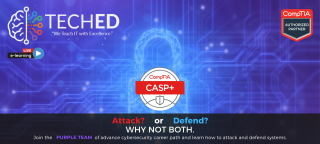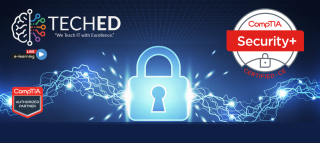Security Operations Analyst
Information security analysts are vital in keeping a company’s data and sensitive information safe and protected from threats.

Currently Hiring
No jobs available
Know Your Worth
0 to 2 years experience
P40,000 - P50,000
(median: P0)
- 40000
- 50000
3 to 5 years experience
P50,000 - P100,000
(median: P0)
- 50000
- 100000
6 to 10 years experience
P100,000 - P180,000
(median: P0)
- 100000
- 180000
More than 10 years
P90,000 - P160,000
(median: P0)
- 90000
- 160000
Upcoming Events
No events available
Grow your Skill Set
Interested in this career?
Sign up now and get updated on the latest jobs, courses, events, and news about this career.
SIGN UP NOW







